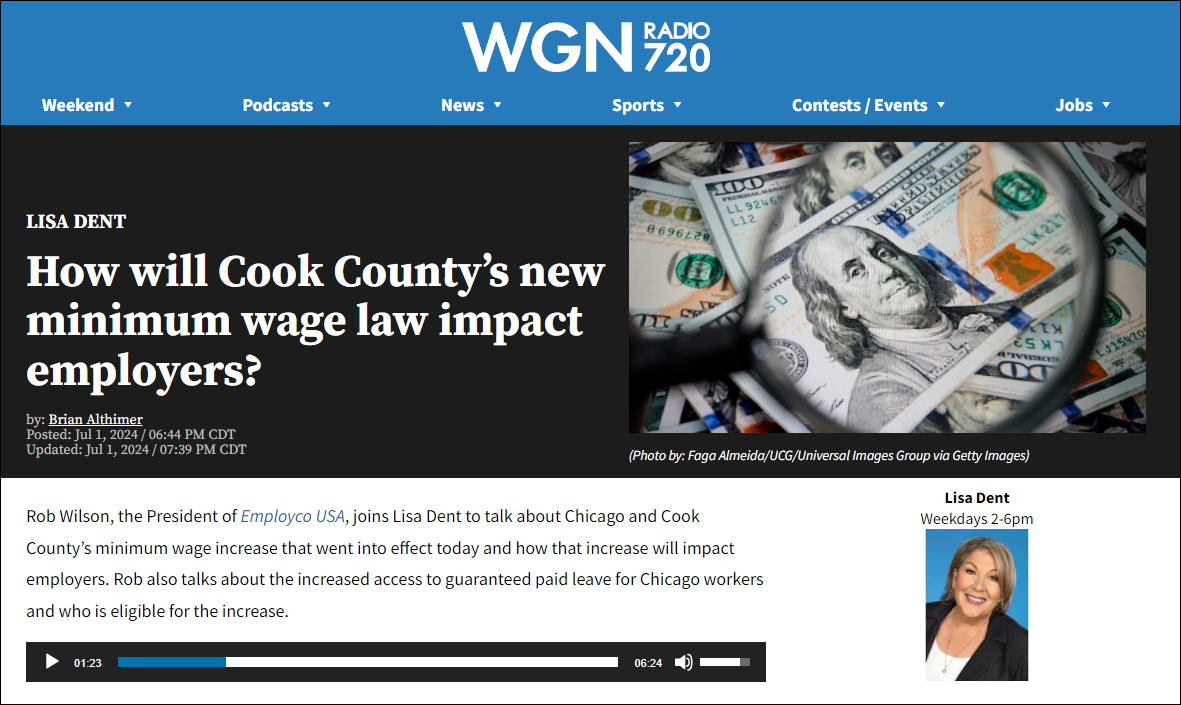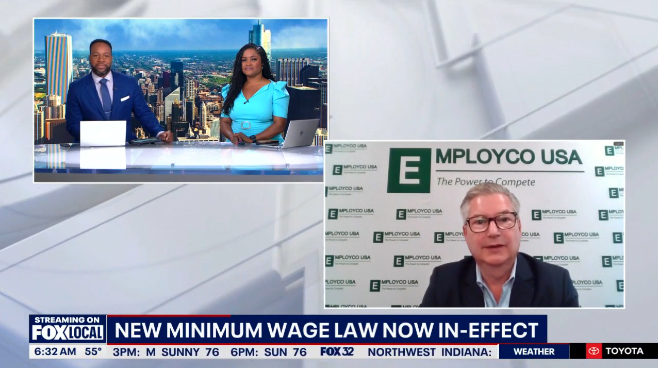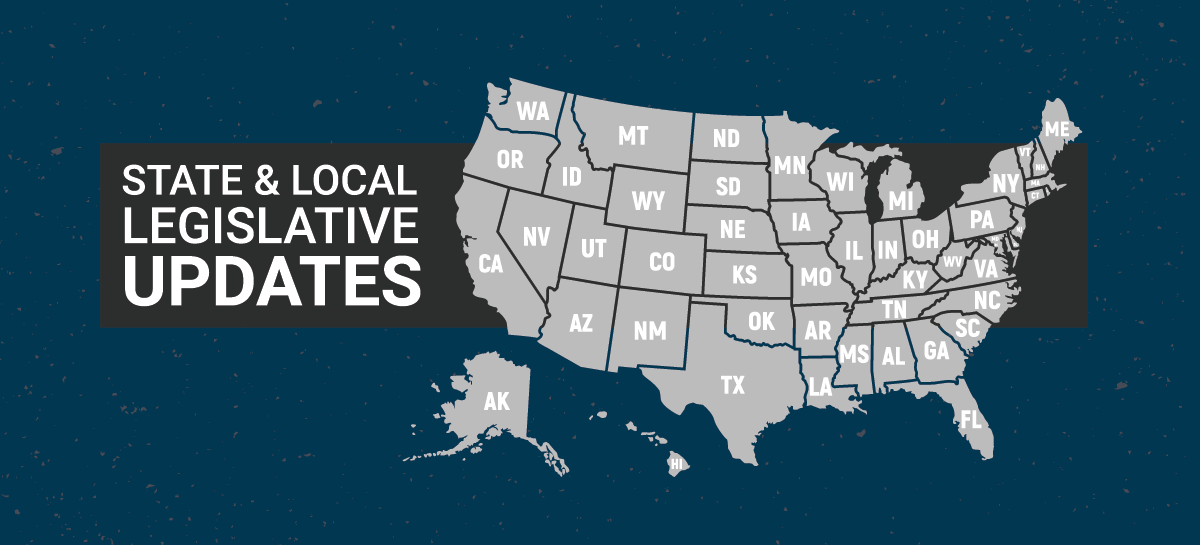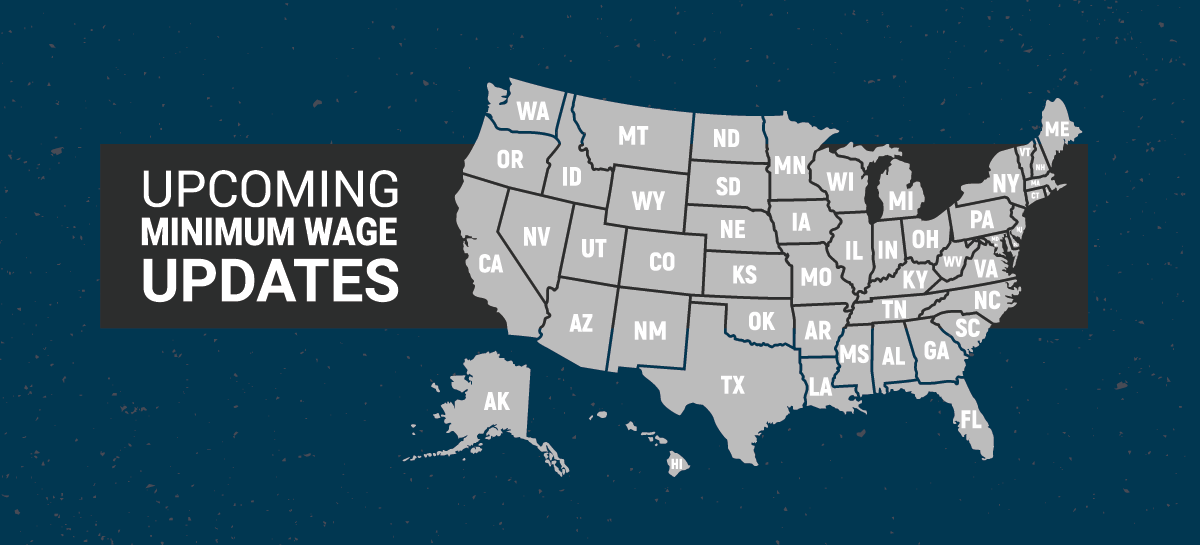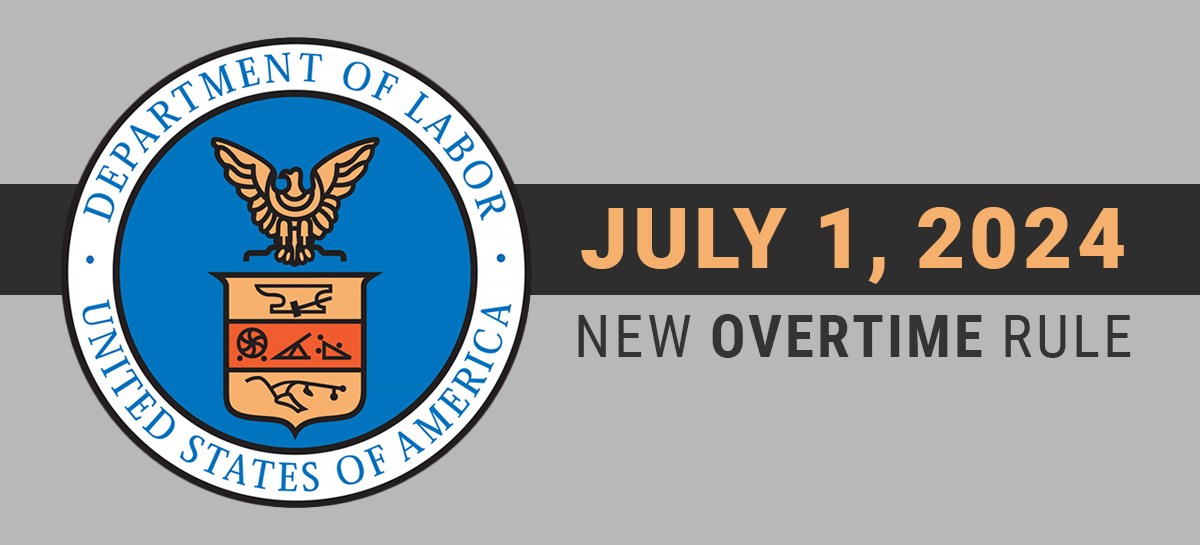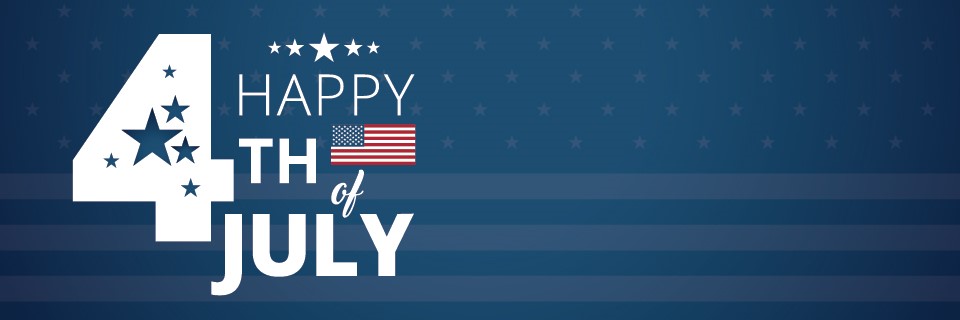
In observance of the 4th of July holiday, our office will be closing early at 2 pm on Wednesday, July 3rd, and will be closed for the day on Thursday, July 4th. We will reopen during normal business hours on Friday, July 5th.
Recap:
Wednesday, July 3rd = Closing early at 2 pm
Thursday, July 4th = Closed for the day
Please contact us if you have any questions or special requests.
Thank you and have a safe and happy 4th!
